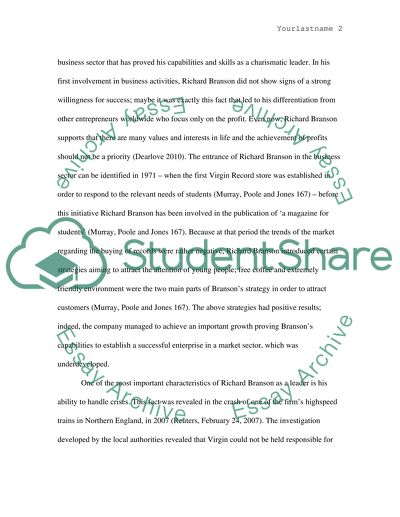Cite this document
(“Richard Branson Research Paper Example | Topics and Well Written Essays - 2000 words”, n.d.)
Retrieved from https://studentshare.org/family-consumer-science/1406343-richard-branson
Retrieved from https://studentshare.org/family-consumer-science/1406343-richard-branson
(Richard Branson Research Paper Example | Topics and Well Written Essays - 2000 Words)
https://studentshare.org/family-consumer-science/1406343-richard-branson.
https://studentshare.org/family-consumer-science/1406343-richard-branson.
“Richard Branson Research Paper Example | Topics and Well Written Essays - 2000 Words”, n.d. https://studentshare.org/family-consumer-science/1406343-richard-branson.


